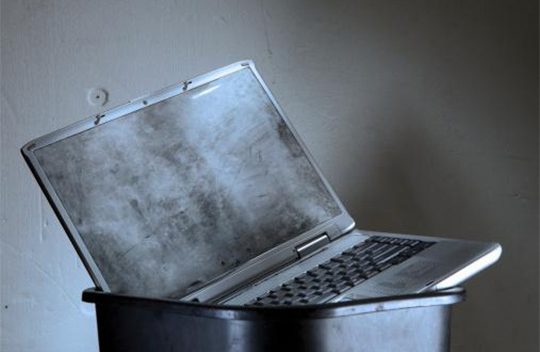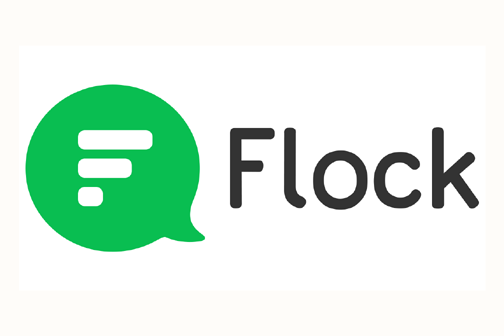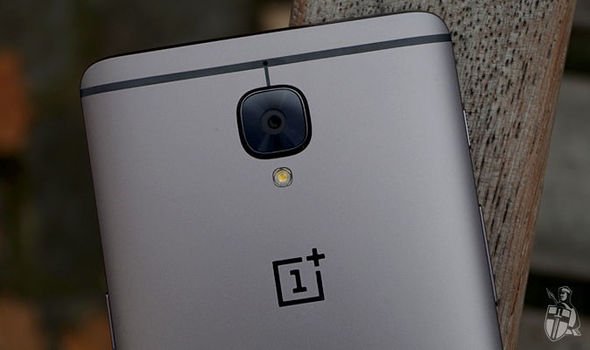

We’ve all got an older computer or laptop laying around the house that we just can’t be bothered to fix. Maybe it’s riddled with malware because Aunt Clara couldn’t figure out how to stop clicking on those pesky pop-up ads. Or maybe you just didn’t feel like reformatting it after installing and reinstalling things over and over again as the years went by. Whatever the case may be, you’ve probably got one or have one somewhere, and you don’t have much you can or want to do with it.
Until now, that is. The creators of the Raspberry Pi have created an experimental operating system known as Pixel that’s meant to revitalize computers just like the ones I described above. It was originally made for the Raspberry Pi itself, which runs about $35, but the company is deciding to offer more than that. Pixel is actually a modified version of Debian, a version of Linux, and it’s got bits of software already installed on it. It’s meant to act as lighter, an airier operating system that doesn’t rely on a whole heaping helping of resources. But it still offers valuable software most users typically run in a normal day of computer usage.
Of course, there are a few catches, though none of them are major. Pixel itself can only run when booted from a USB drive, so if you do install it for one of your laptops, you’ll have to leave your USB drive on the computer even when the novelty of running the OS has run all the way out. It also won’t work on all Macs, and you don’t get a copy of Minecraft, though if you’re a Minecraft fan you probably already own a version on most platforms anyway.
But if you’re interested in bringing otherwise perfectly functional computers back to life, you can try Pixel from the official blog post here, and make sure you report back on your results. I’m sure we’ve all got some sort of tech graveyard floating around in our lives.
[Source:-Geek]





